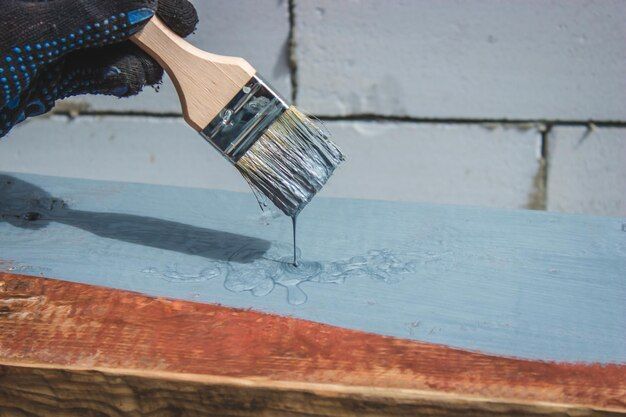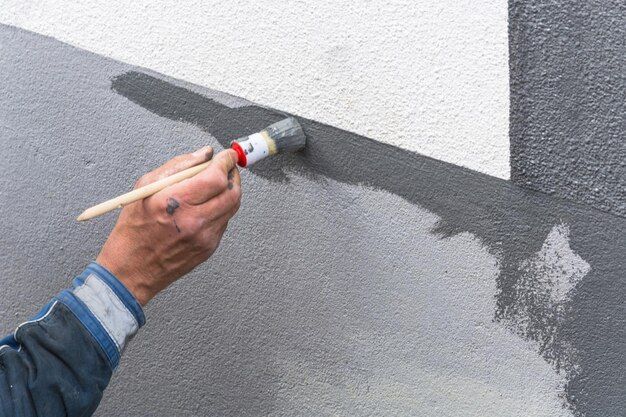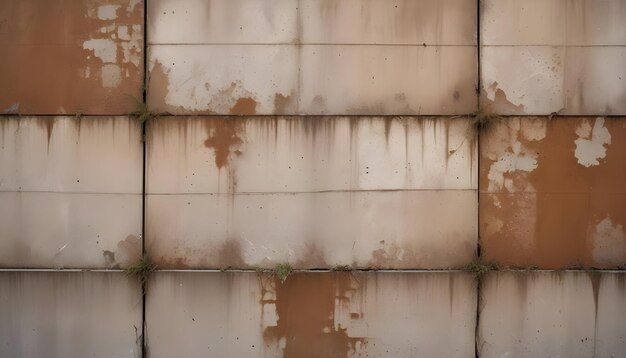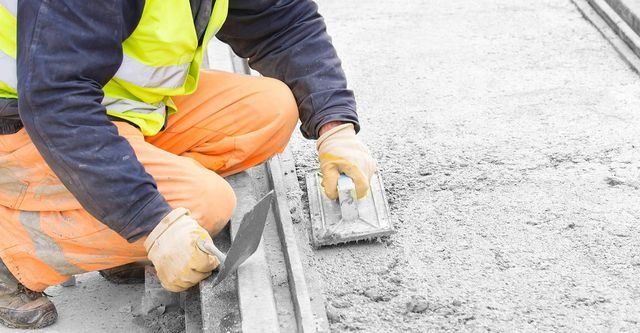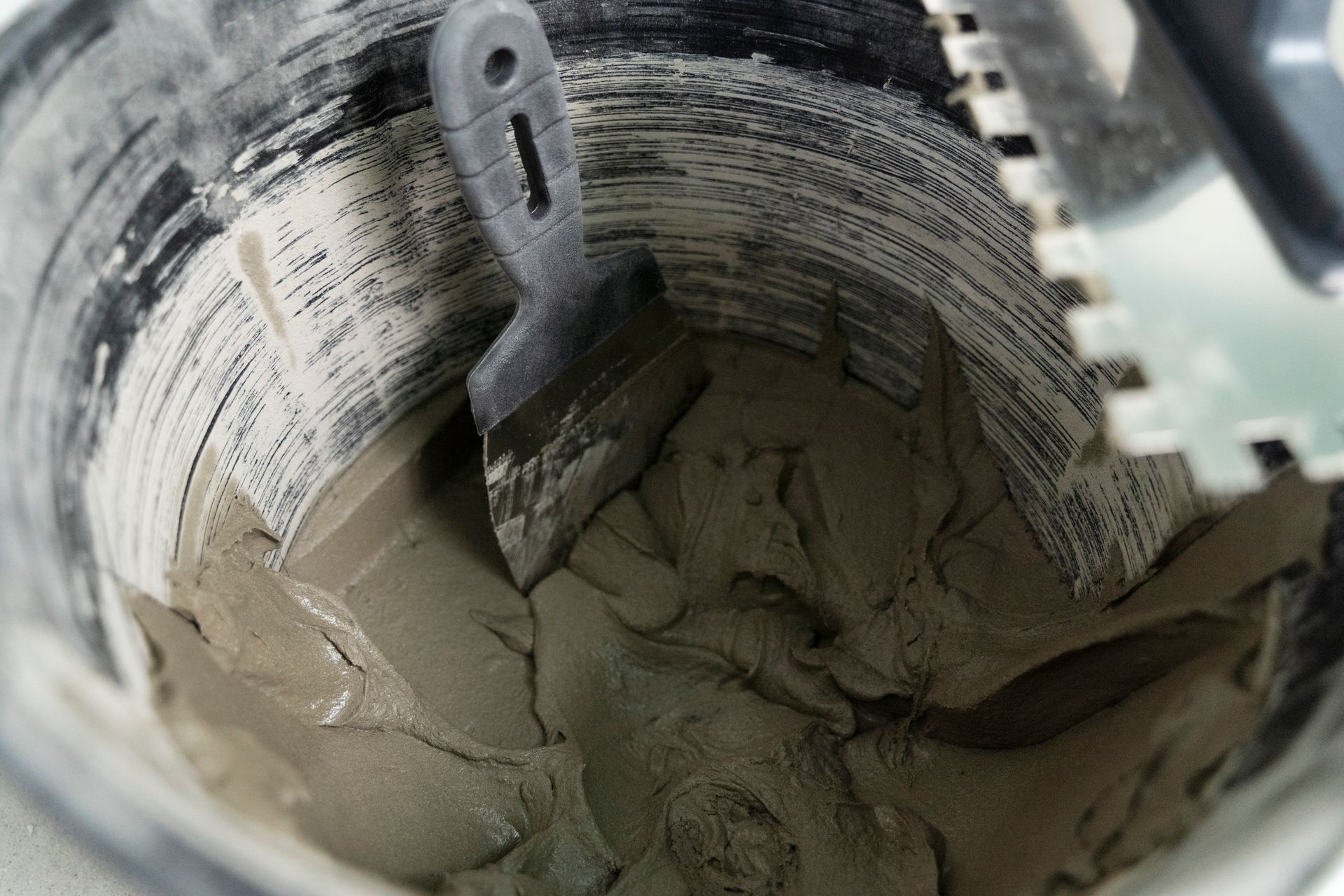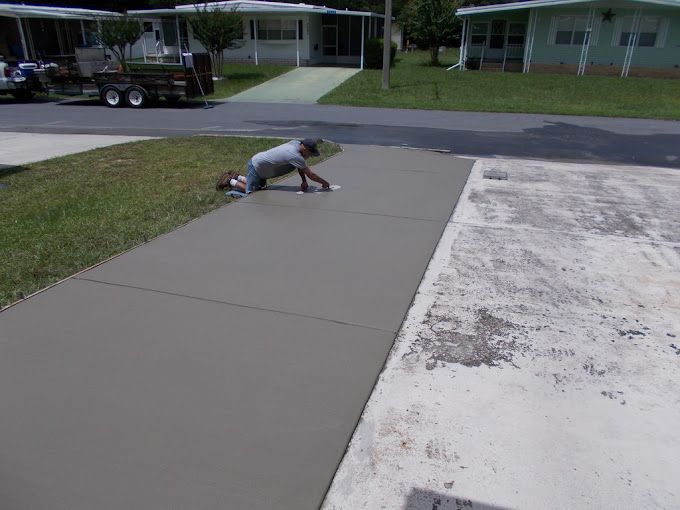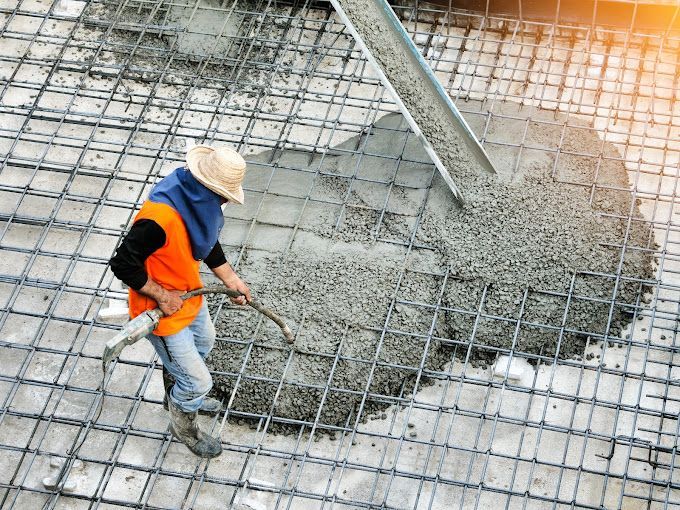FORT WORTH CONCRETE CONTRACTORS
CALL US NOW 817-383-8194
In the growing city of Fort Worth, the construction industry is increasingly focusing on sustainability. As environmental concerns continue to rise, builders and developers are seeking eco-friendly solutions to reduce their carbon footprint and promote greener practices. One significant area of innovation is sustainable concrete. Concrete is a fundamental material in construction, and finding sustainable alternatives can make a substantial impact on the environment. This blog will explore various sustainable concrete solutions for eco-friendly projects in Fort Worth, highlighting their benefits, applications, and the future of green construction.
1. The Environmental Impact of Traditional Concrete
Traditional concrete production is known for its significant environmental impact. The primary components of concrete—cement, water, and aggregates—have considerable ecological footprints.
1.1 Cement Production
Cement is the main ingredient in concrete, and its production process is highly energy-intensive, releasing large amounts of carbon dioxide (CO2) into the atmosphere. The cement industry alone is responsible for approximately 8% of global CO2 emissions.
1.2 Aggregate Mining
Aggregates, such as sand and gravel, are extracted from natural sources, often leading to habitat destruction, water pollution, and other environmental issues.
1.3 Water Usage
Concrete production requires a substantial amount of water, contributing to water scarcity issues in many regions.
By understanding these impacts, we can appreciate the need for more sustainable alternatives in concrete production and usage.
2. Sustainable Concrete Solutions
Innovations in concrete technology have led to the development of various sustainable alternatives that address the environmental concerns associated with traditional concrete. These solutions include:
2.1 Fly Ash Concrete
Fly ash is a byproduct of coal combustion in power plants. When used as a partial replacement for cement in concrete, fly ash improves the material’s strength and durability while reducing the need for cement.
Benefits:
- Reduces CO2 emissions by decreasing cement usage
- Utilizes industrial byproducts, diverting waste from landfills
- Enhances concrete’s workability and resistance to cracking
2.2 Slag Cement
Slag cement, also known as ground granulated blast-furnace slag (GGBFS), is a byproduct of steel production. Like fly ash, it can replace a portion of cement in concrete mixtures.
Benefits:
- Lowers carbon footprint by minimizing cement demand
- Increases concrete’s strength and durability
- Improves resistance to chemicals and sulfate attack
2.3 Recycled Aggregate Concrete
Recycled aggregate concrete uses crushed concrete from demolished structures as a replacement for natural aggregates. This practice reduces the need for virgin materials and diverts construction waste from landfills.
Benefits:
- Decreases reliance on natural aggregate sources
- Reduces waste and environmental impact from demolition
- Supports circular economy principles in construction
2.4 Green Concrete
Green concrete refers to concrete produced with sustainable materials and methods, including the use of recycled content, alternative binders, and eco-friendly additives.
Benefits:
- Minimizes environmental footprint of concrete production
- Encourages use of local and recycled materials
- Promotes innovation in sustainable construction practices
2.5 CarbonCure Technology
CarbonCure is an innovative technology that injects captured CO2 into concrete during mixing. The CO2 reacts with the concrete, becoming permanently embedded and enhancing its strength.
Benefits:
- Reduces carbon emissions by sequestering CO2
- Improves concrete’s compressive strength
- Supports sustainability goals in construction
2.6 Self-Healing Concrete
Self-healing concrete contains special additives that enable it to repair its own cracks automatically. This technology extends the lifespan of concrete structures, reducing the need for frequent repairs and replacements.
Benefits:
- Increases longevity and durability of concrete structures
- Reduces maintenance costs and resource consumption
- Enhances resilience to environmental factors
3. Applications of Sustainable Concrete in Fort Worth
Fort Worth, with its dynamic growth and development, is an ideal location to implement sustainable concrete solutions. Here are some applications where these eco-friendly materials can make a difference:
3.1 Residential Construction
Homebuilders in Fort Worth can incorporate sustainable concrete solutions in foundations, driveways, and landscaping. Using recycled aggregate concrete or fly ash concrete in residential projects can reduce the environmental impact while maintaining high-quality standards.
3.2 Commercial Buildings
Commercial construction projects, such as office buildings, shopping centers, and hotels, can benefit from green concrete and CarbonCure technology. These materials not only lower carbon footprints but also provide enhanced durability and performance.
3.3 Infrastructure Projects
Large-scale infrastructure projects, including roads, bridges, and public transportation systems, can leverage slag cement and self-healing concrete to improve sustainability. These materials contribute to longer-lasting infrastructure with reduced environmental impact.
3.4 Public Spaces and Parks
Creating eco-friendly public spaces and parks in Fort Worth can involve the use of sustainable concrete for walkways, benches, and recreational facilities. These applications promote a green urban environment and support the city’s sustainability initiatives.
4. The Future of Sustainable Concrete in Fort Worth
As Fort Worth continues to grow, the demand for sustainable construction practices will increase. Several factors will drive the future adoption of sustainable concrete solutions in the city:
4.1 Government Regulations and Incentives
Local and state governments can play a significant role in promoting sustainable construction through regulations and incentives. Policies that encourage the use of green materials, tax incentives for eco-friendly projects, and stricter environmental standards will drive the adoption of sustainable concrete solutions.
4.2 Industry Collaboration
Collaboration among industry stakeholders, including architects, engineers, contractors, and material suppliers, is crucial for advancing sustainable concrete practices. By sharing knowledge and best practices, the construction industry can collectively reduce its environmental impact.
4.3 Technological Advancements
Continued research and development in concrete technology will lead to new and improved sustainable solutions. Innovations such as bio-based concrete, advanced carbon capture techniques, and smart materials will further enhance the sustainability of concrete.
4.4 Public Awareness and Demand
As public awareness of environmental issues grows, so does the demand for sustainable construction. Homeowners, businesses, and community leaders in Fort Worth will increasingly seek eco-friendly building options, driving the market for sustainable concrete solutions.
5. How to Choose a Sustainable Concrete Contractor in Fort Worth
Selecting the right veteran concrete contractor is essential to successfully implement sustainable concrete solutions in your project. Here are some tips for choosing a contractor in Fort Worth:
5.1 Verify Experience and Expertise
Ensure that the contractor has experience with sustainable concrete materials and methods. Ask for references and examples of previous eco-friendly projects.
5.2 Evaluate Sustainability Practices
Inquire about the contractor’s commitment to sustainability. Do they use recycled materials, energy-efficient equipment, and eco-friendly additives? A contractor dedicated to green practices will be more likely to deliver a truly sustainable project.
5.3 Request a Detailed Proposal
Ask for a detailed proposal that outlines the sustainable materials and methods to be used in your project. The proposal should include information on the environmental benefits and any potential cost savings associated with the chosen materials.
5.4 Check Certifications and Memberships
Look for contractors who are certified by green building organizations or members of industry associations that promote sustainability. Certifications such as LEED (Leadership in Energy and Environmental Design) indicate a commitment to environmentally responsible building practices. Not checking the credentials and licenses of your contractor means you are putting yourself and your concrete project at risk.
5.5 Discuss Long-Term Benefits
Understand the long-term benefits of using sustainable concrete solutions. A knowledgeable contractor can explain how these materials will improve the durability, performance, and environmental impact of your project.
Conclusion
Sustainable concrete solutions offer a promising path for eco-friendly construction projects in Fort Worth. By adopting materials such as fly ash concrete, slag cement, recycled aggregate concrete, green concrete, Carbon Cure technology, and self-healing concrete, builders can significantly reduce their environmental footprint while enhancing the quality and longevity of their structures. As the demand for sustainable construction grows, innovative practices and technologies will continue to evolve, paving the way for a greener future in Fort Worth. By choosing the right contractor and prioritizing sustainability, you can contribute to this positive change and help build a more sustainable and resilient city.
Contact Us now!
Info
Monday
8:00AM - 5:00PM
Tuesday
8:00AM - 5:00PM
Wednesday
8:00AM - 5:00PM
Thursday
8:00AM - 5:00PM
Friday
8:00AM - 5:00PM
Saturday
8:00AM - 5:00PM
Sunday
Closed
Phone: 817-383-8194
Services
